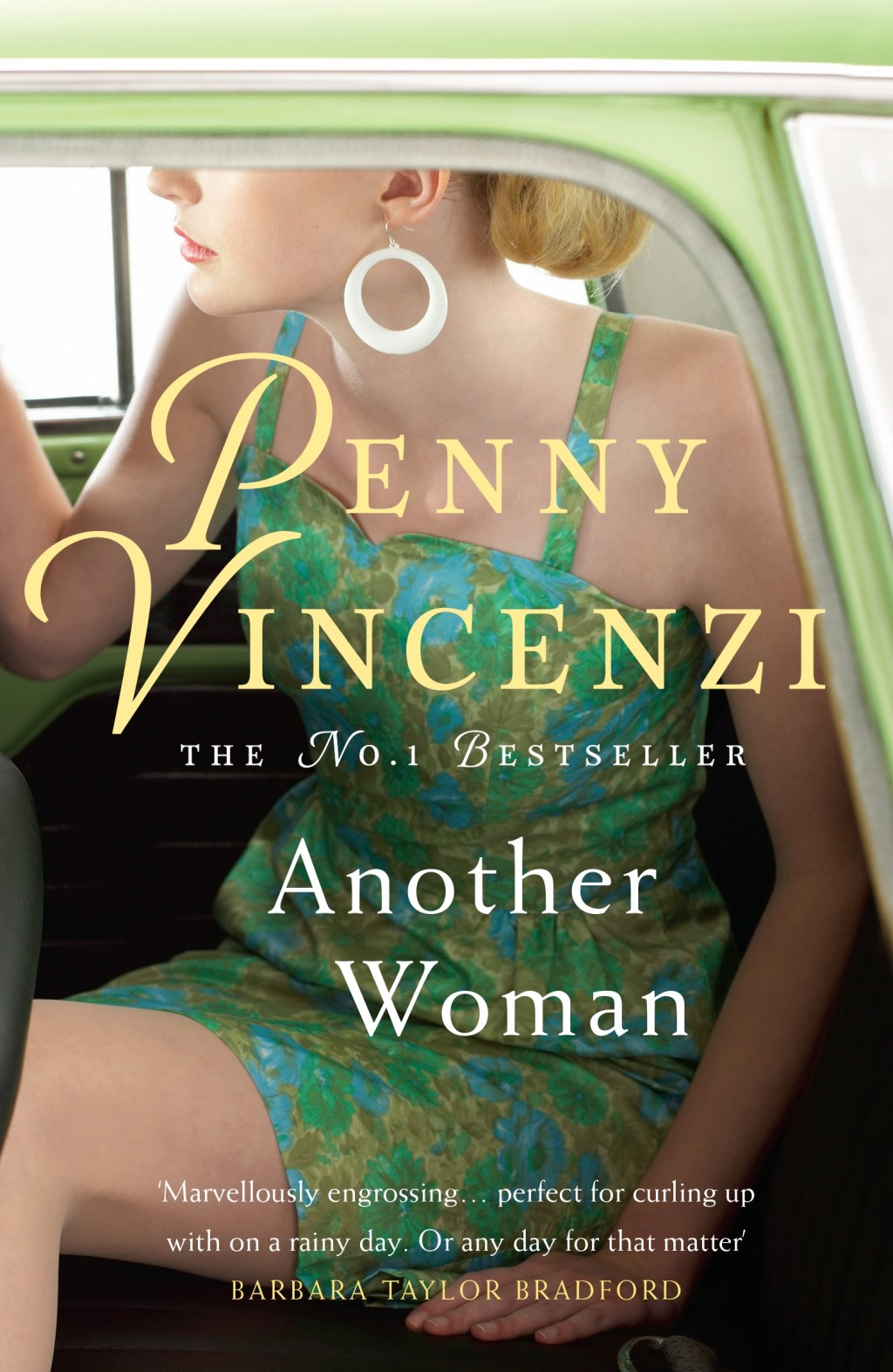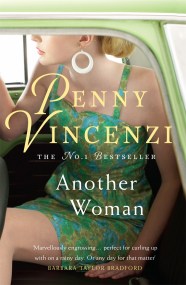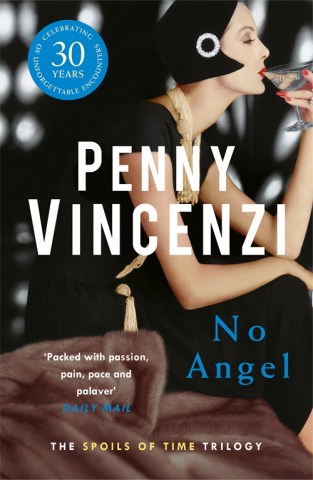An Extract from Another Woman

Prologue
It was going to be the perfect wedding.
Of course everybody always said that about weddings, but nobody sitting round the great pine kitchen table of the bride’s home that perfect July evening doubted it for a single moment. How could they? When the couple themselves were so patently and blissfully happy, sitting together, holding hands, smiling round at their families, at indulgent fathers, proud mothers and assorted friends smiling back at them. When the sun was finally setting on a perfect day, night drifting over the deep Oxfordshire valley, with just a touch of mist promising another still more perfect one tomorrow, the thick, rich scent of the roses drifting in through the open door?
When Maggie Forrest, mother of the bride, could finally relax, knowing that everything was in order, the pink and white marquee up and decked with flowers, the tables half set, the champagne (vintage) delivered and in crates in the utility room off the kitchen, the food in the process of being transformed from dozens of pounds of salmon, chicken, beef, mountains of strawberries, raspberries, eggs and cream into the most splendid wedding feast by the caterers, and the cake, four exquisitely iced tiers, standing on the dining-room table? What could possibly go wrong now? they might have asked one another. For such a perfect match, between Cressida, younger daughter of the immensely successful and distinguished gynaecologist James Forrest, and Dr Oliver Bergin, also a gynaecologist, only son of Mr and Mrs Josh Bergin of New York City. Cressida, so pretty, with her fair English-rose beauty, so enchantingly mannered, so extremely well suited to the life and husband she had chosen; and Oliver, so dashingly handsome, and almost too charming for his own good, as Maggie Forrest had remarked, laughing, to Julia Bergin on the first occasion they had met.
The guest list was long, but not too long, just 300, for Cressida had insisted on being married in the little stone church in Wedbourne where she had been christened. All over England the women on the list had been buying dresses, choosing hats, mulling over the wedding lists (the General Trading company and Peter Jones), and checking on their husband’s morning suits; and the chosen eight whose small children were to be attendants had been trekking up and down to the London studio from where Harriet Forrest, Cressida’s older sister, ran her fashion empire, and where the dresses had been made – not Harriet’s usual sort of thing, but charming nonetheless, sprigged muslin Kate Greenaway style for the girls, white linen sailor suits for the boys. Cressida’s dress had been made at the Chelsea Design Company, a wonderful creation in heavy cream silk, studded with pearls and with the palest, tiniest pink silk roses drifting down the train. It hung upstairs now in the attic room that Maggie used for sewing, swathed in its muslin cover, the veil beside it in a box, waiting for its tiara of fresh flowers to arrive in the morning, along with her bouquet (cream and pink roses) and the baskets of daisies and scabius that the attendants were to carry into the church. In the dining room of the Court House the presents were stacked, ready to be shipped over to
New York, when young Dr and Mrs Oliver Bergin settled into their new home in East 80th. Marvellous presents: glasses, china, linen, silver, all listed, the thankyou letters long since written. A few miles away in Oxford the string quartet that was to play at the wedding was practising a rather difficult Mozart piece which the bride had specially requested; the vicar of St Stephen’s, Wedbourne was running through the few wise if predictable words he always spoke at weddings and the organist was rehearsing the choir, and in particular the dazzling-voiced small boy he had just discovered in the neighbouring council estate, in ‘Love Divine’. A few miles away in the garage of the Royal Hotel, Woodstock, the silver vintage Bentley belonging to the bride’s godfather, the famously powerful and rich Theodore Buchan, was being given a final and quite unnecessary polish. Everything ready; everything perfect. For a perfect wedding for a perfect bride.
And who could possibly have thought, on that golden scented evening, entertained a suspicion even for a moment, that the perfect wedding was never to take place at all?
In Sunday Times bestseller Penny Vincenzi's ANOTHER WOMAN, a dream wedding becomes a nightmare - as the bride disappears. 'Like a glass of champagne: bubbly, moreish and you don't want it to end' Daily Express. The perfect novel for any reader of Elizabeth Buchan or Kate Morton.
The night before her lavish wedding to Oliver Bergin, Cressida Forrest went to bed serene and happy. By morning she had vanished - without apparent cause, and without trace. Shocked, anxious and uncomprehending, the two families face a long and painful day of revelations, as a complex, fragile web of sexual, marital and financial secrets is ripped apart by Cressida's disappearance. And the question they are all forced to ask is who really was the woman they thought they knew - perfect daughter, sister, lover and wife never to be?



